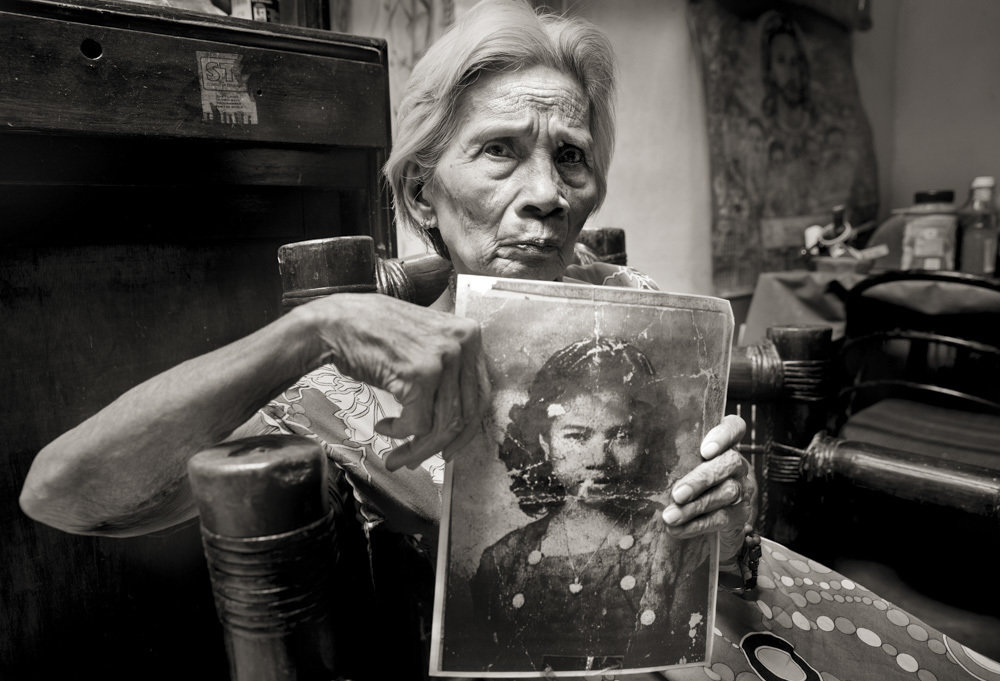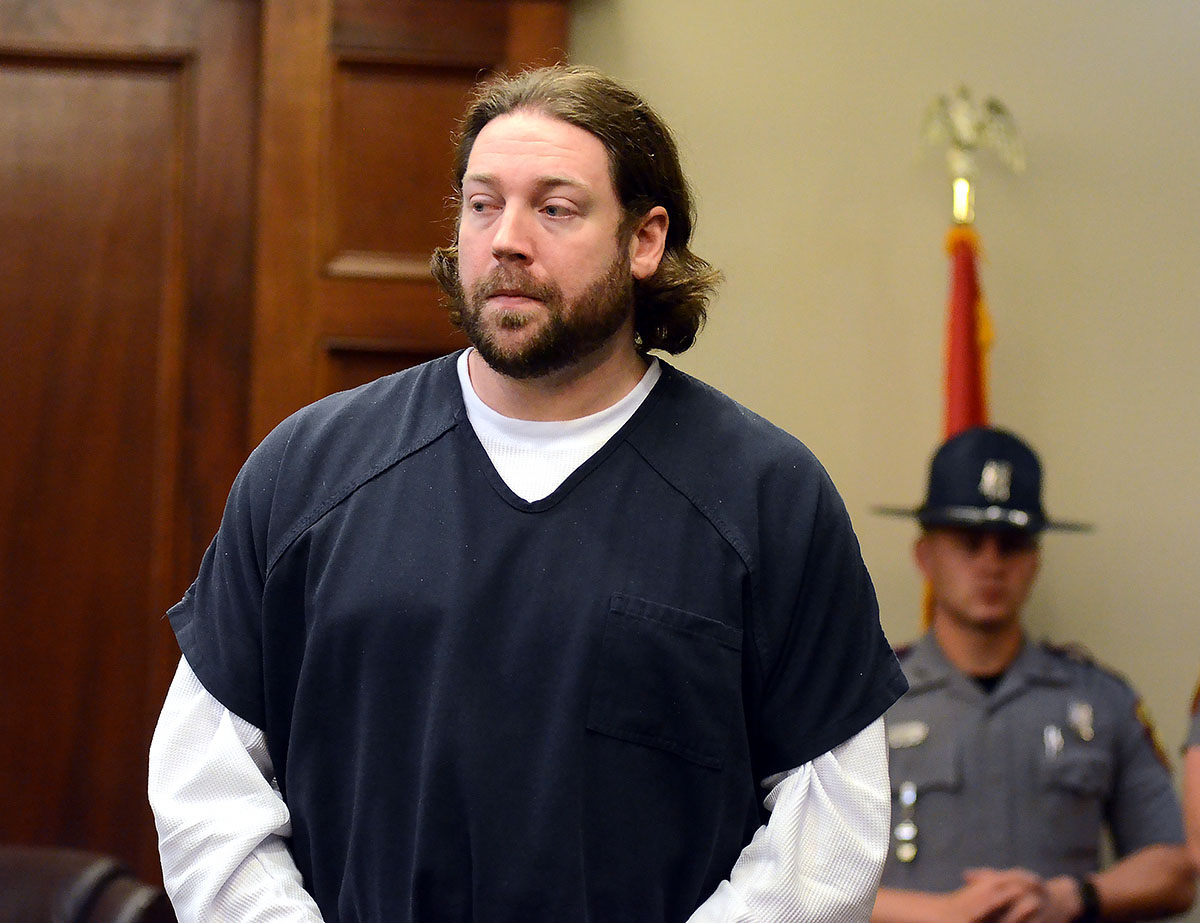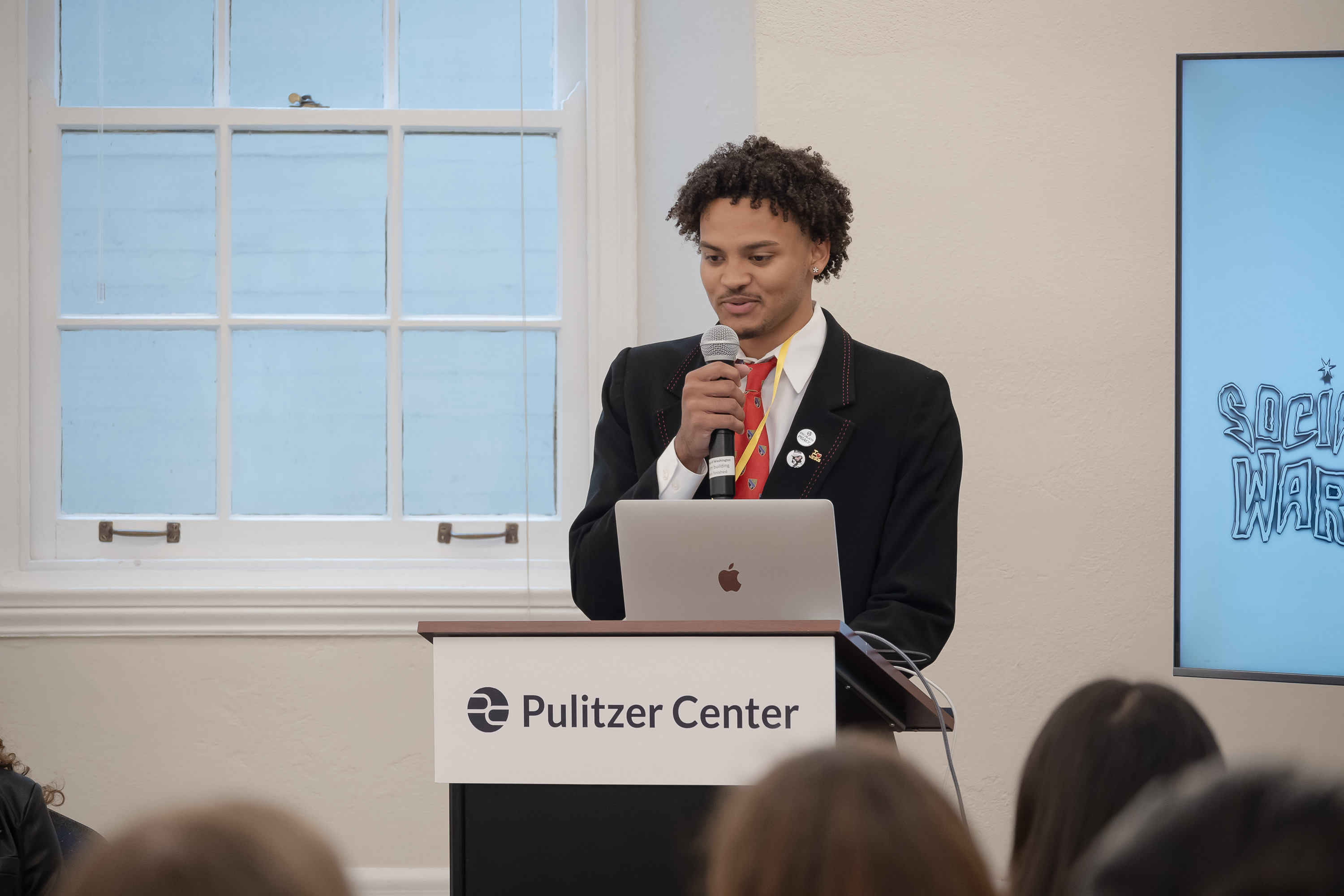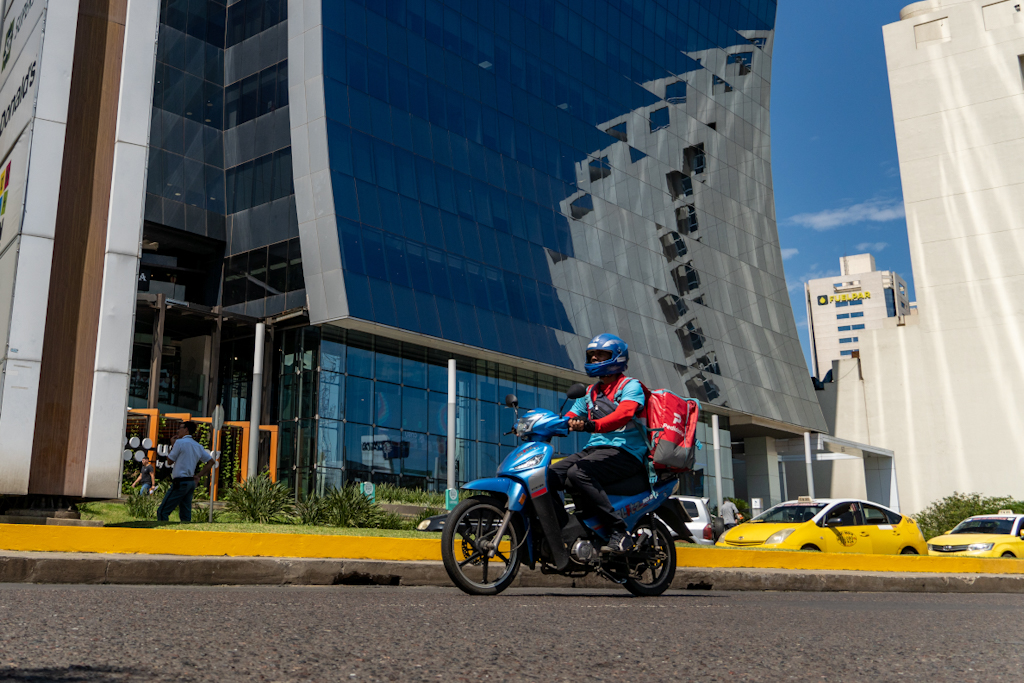Human Rights
According to the United Nations Universal Declaration of Human Rights, all human beings are born free and equal in dignity and rights. And yet around the world, many people are denied basic human rights, or find their rights under threat. Pulitzer Center stories tagged with “Human Rights” feature reporting that covers the fight for equality under the law, civil rights and the basic dignity afforded every person. Use the Pulitzer Center Lesson Builder to find and create lesson plans on human rights.
-

Pulitzer Center Update
Freelance Journalist Jason Motlagh Centers Individuals in Dedicated Global Storytelling
Editor's Note: This update was originally published in The Badger Herald , and is republished with...
April 9, 2024


































